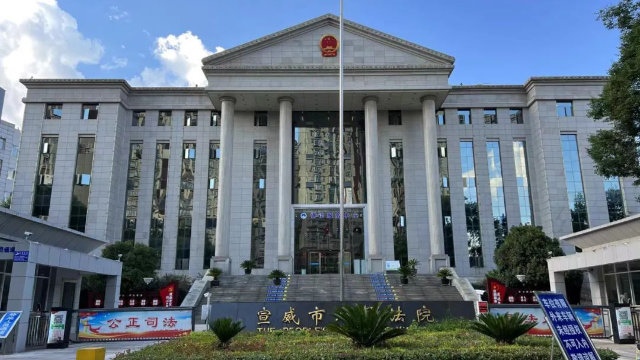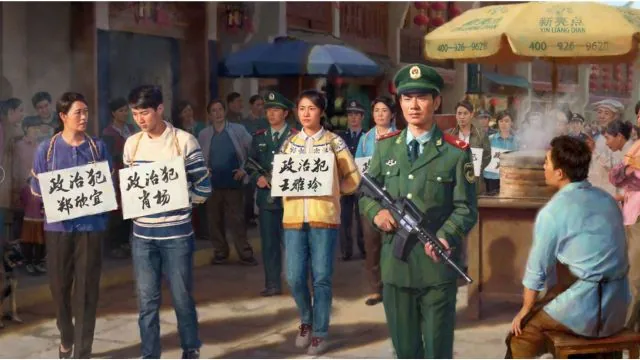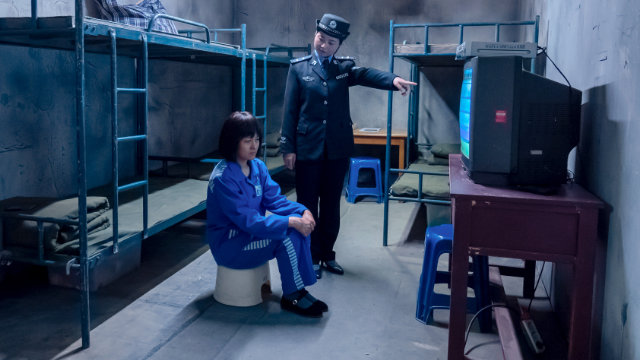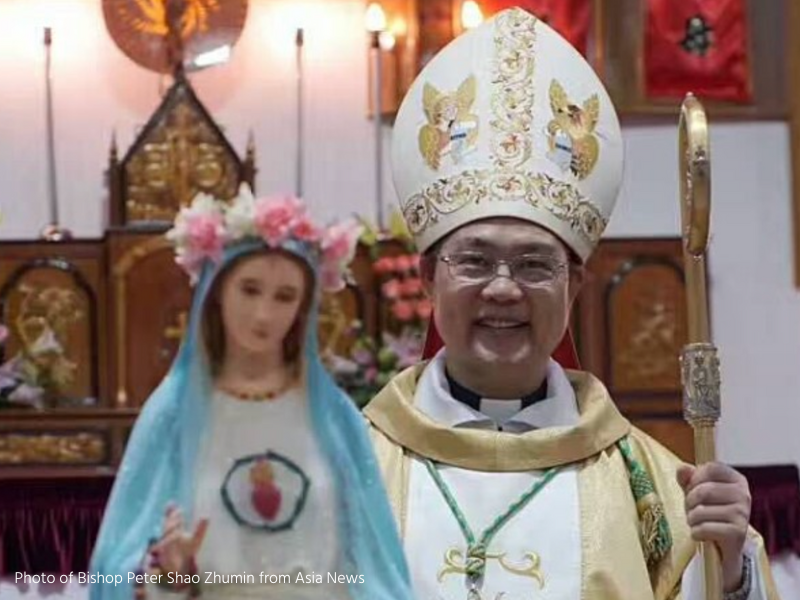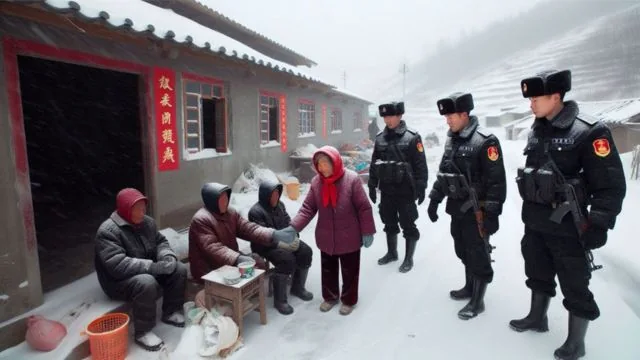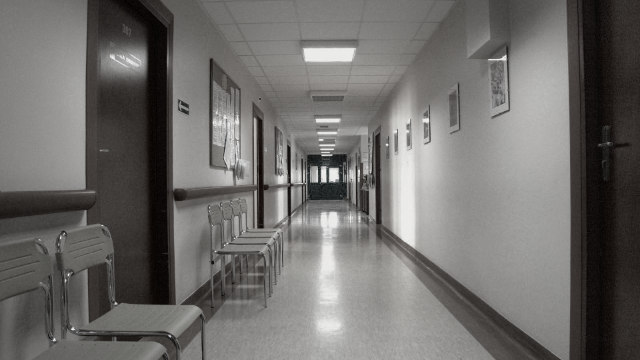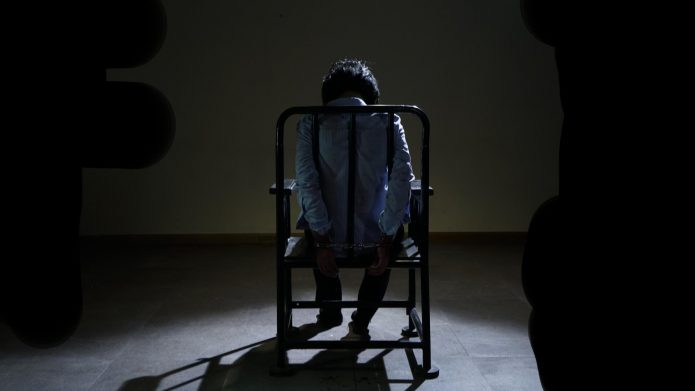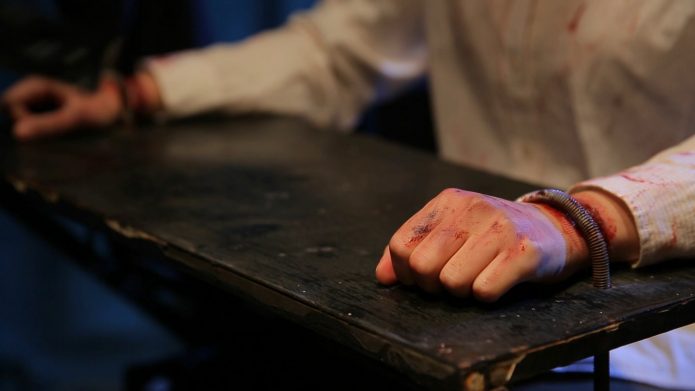ADHRRF – In Canberra at 3:00 p.m. local time on April 4, 2018, a seminar was convened at the Chapel at the Australian Centre for Christianity and Culture with the theme of “Religion and State in the People’s Republic of China.” The Centre for Public and Contextual Theology (PACT) hosted the event and invited four international professors and experts to give speeches on the regulation of religion and issues of religious freedom in contemporary China. About 20 people, including scholars and professors in fields of religion and theology, were also invited to participate.
Concerning the situation of religious persecution in China, Prof. J. Gordon Melton from Baylor University in the U.S. noted at the seminar that the Chinese Communist Party (CCP) wants to remove all crosses and comprehensively restrict Christianity. About three years ago, the CCP made a plan to demolish 4000 churches in Wenzhou, Zhejiang Province. Up to now, 1500 churches have already been destroyed. Emerging churches in China suffer much greater persecution, and are defined as Xie Jiao by the CCP authorities, such as the Shouters and The Church of Almighty God (CAG). The latter is currently the most aggressively persecuted.
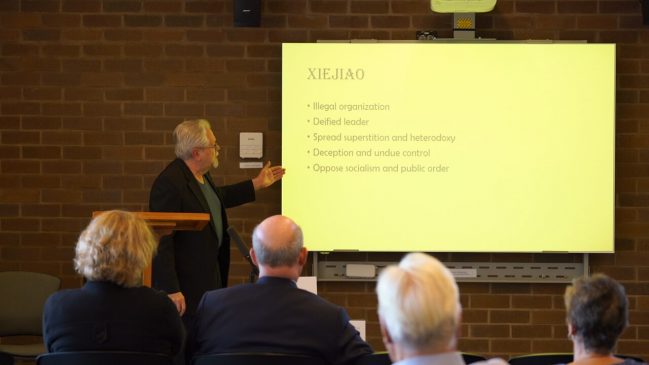
Prof. Massimo Introvigne, an Italian sociologist and managing director of Centre for Studies of New Religions (CESNUR), gave a speech about “Sinicization” of religion and anti-Xie Jiao movement in China. He pointed out that the Chinese president Xi Jinping, along with other senior leaders in 2017, declared to promote “Sinicization” of religion and strengthen the crackdown on Xie Jiao. In addition, Prof. Introvigne elaborated the CAG, which is suffering the most severe persecution at present, and dispelled some external rumors about this Church. He mentioned that since 1996, perhaps even earlier, the CAG has been severely persecuted in China. He emphasized, “Now the Chinese authorities do not really deny that if you are active in CAG, you go to jail or the reeducation camp.”
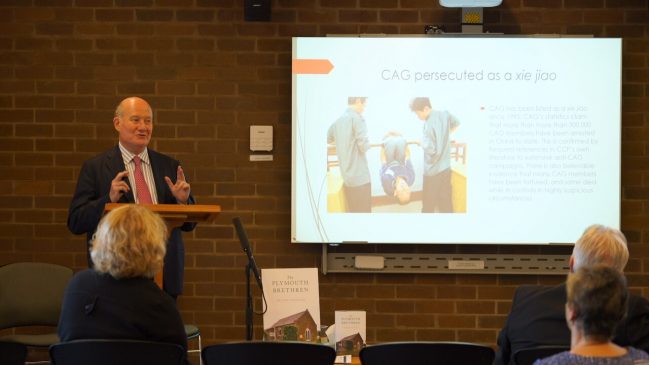
Ms. Rosita Šorytė, President of the International Observatory of Religious Liberty of Refugees (ORLIR), also set forth her opinion of whether members of CAG should be entitled to refugee status. She said that Article 14 of the Universal Declaration of Human Rights (UDHR) stipulates that every person who is persecuted has the right to seek freedom of belief in other countries. She specified the reason for referring to the definitions from the UDHR is to prove that the duty of the receiving countries is to look into these cases carefully and to grant them refugee status if a person is persecuted.
It is understood that some members of CAG have been forced to flee from the persecution of the CCP to Australia for asylum. However, their asylum application situation there is quite discouraging. Ms. Šorytė said that of more than 200 asylum applicants from the CAG in Australia, only 5 or 6 people have been granted refugee status, some have been rejected, and the remainder are still waiting to be processed.
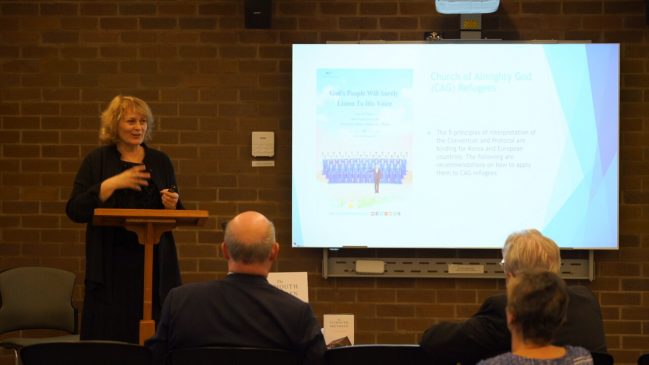
Additionally, Prof. Eileen Barker, director of Information Network Focus on Religious Movements (INFORM), made a speech titled “Tyrant or Protector? Why might it make sense for the Chinese People’s Republic to restrict religious freedoms?” She pointed out that the so-called religions in China are controlled by the CCP, which is the head of the Chinese churches. It is the CCP that determines and strictly controls the number of baptized people, preachers, and the contents of sermons.
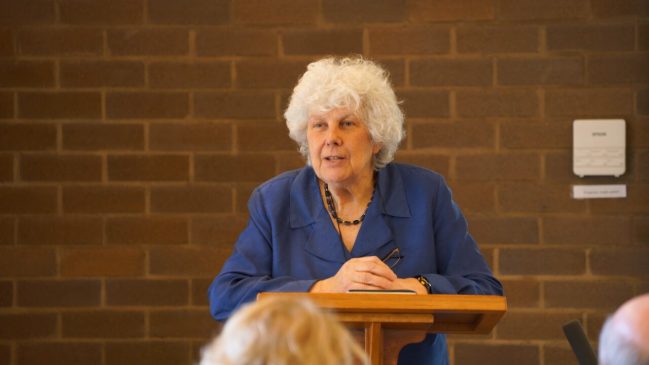
At the end of the seminar, the participating scholars and experts exchanged their ideas on the situation of The Church of Almighty God. A Christian from the CAG also joined in the discussion and answered questions raised by the scholars. Through this seminar, the experts and scholars developed a better understanding of the current situation of religious persecution in China and the CAG.




